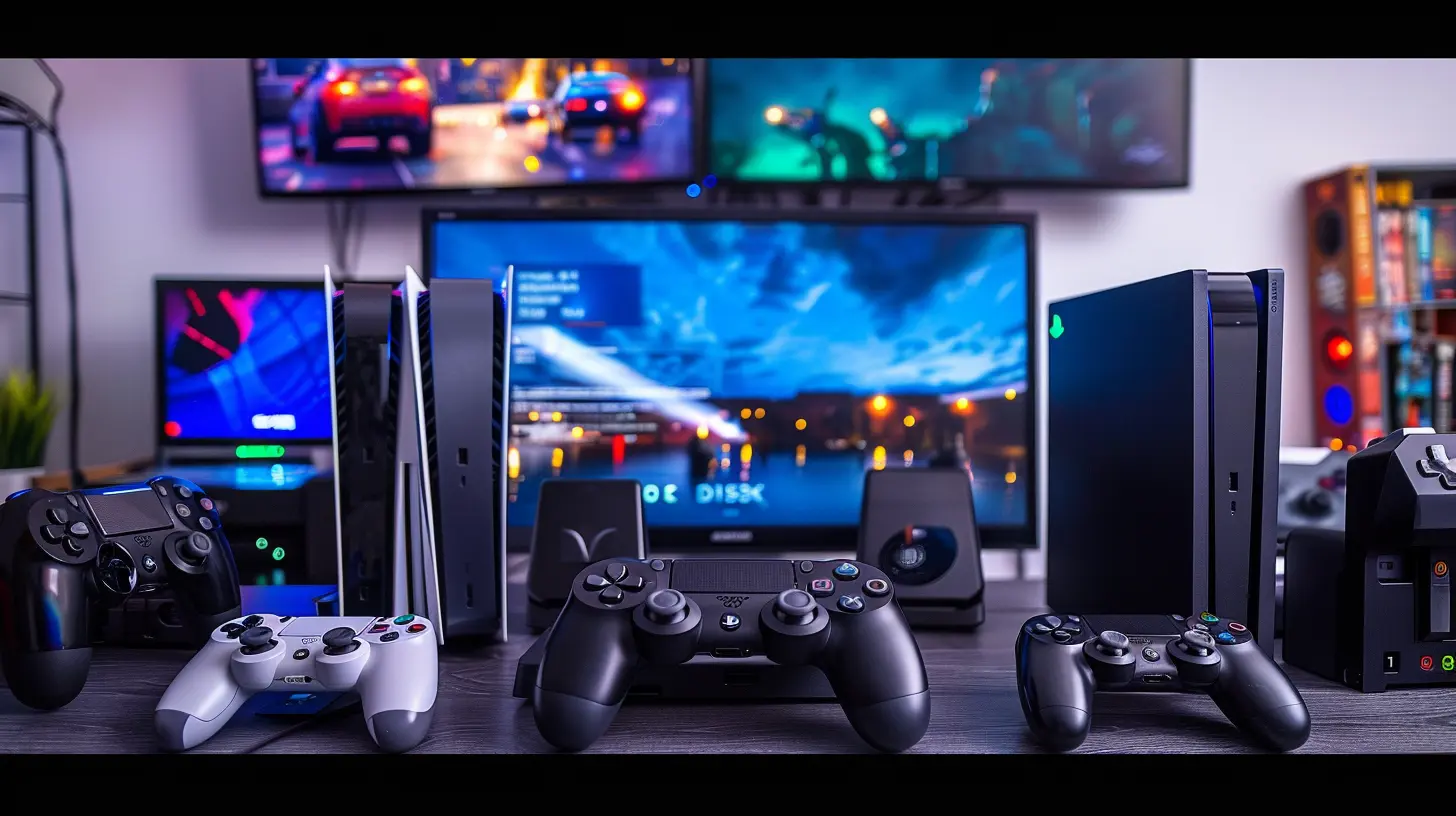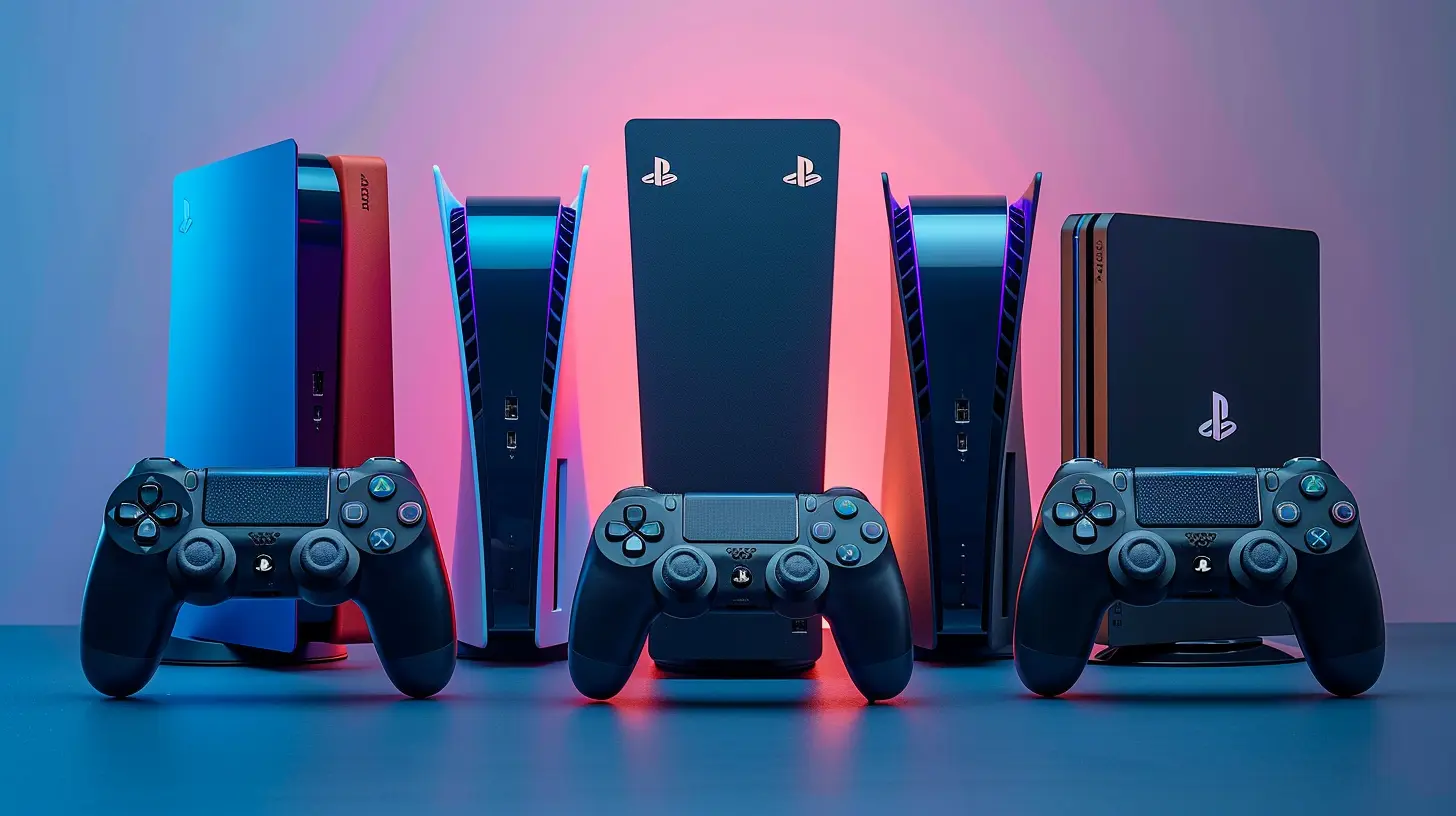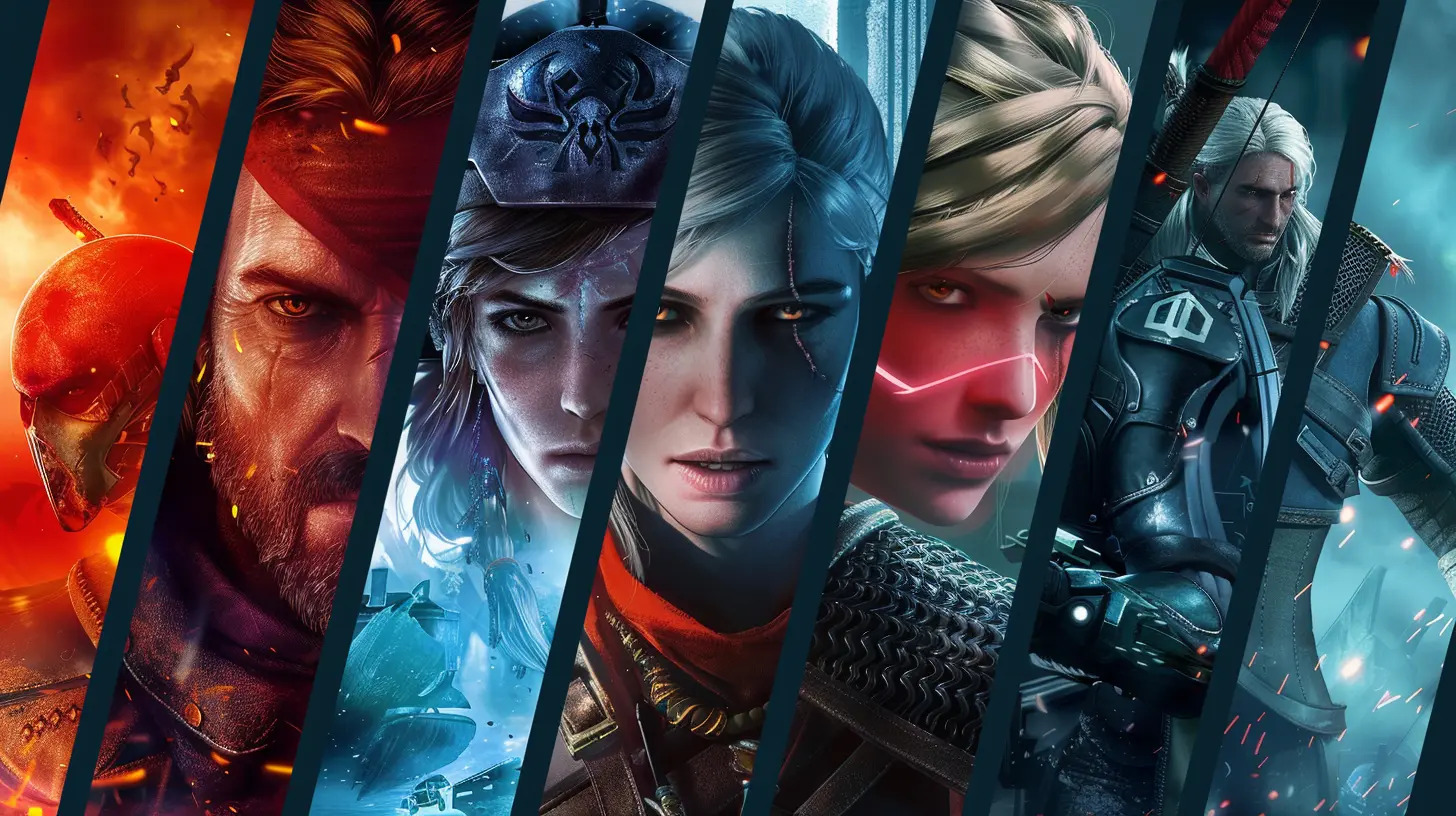The Importance of Performance in Deciding Which Gaming Platform Is Right for You
31 May 2025
When it comes to gaming, performance is king. Whether you're a casual gamer who dabbles in the occasional adventure game or a die-hard competitor tackling every ranked match that comes your way, the performance of your gaming platform can make or break your experience. But what exactly does "performance" mean, and how does it shape which system you should invest your hard-earned cash into? Let’s dive in and figure it out together.
What Does "Performance" Really Mean?
In the gaming world, performance is all about how smoothly a system runs your games. It's the combination of hardware power, software optimization, and compatibility. Let me break it down a bit:1. Frame Rates: You know that buttery-smooth gameplay you see in trailers? That’s often due to high frame rates (measured in FPS). The higher the FPS, the smoother your game feels. On the flip side, a low FPS can make a game feel laggy and clunky.
2. Load Times: Ever sit through a loading screen so long you started scrolling on your phone? Yeah, not ideal. Shorter load times = more time gaming, less time waiting.
3. Graphics Quality: From ultra-detailed textures to realistic lighting effects, high-performance gaming platforms let you max out those graphical settings. Nobody wants to play a game that looks like it belongs in the early 2000s.
4. Input Lag: When you press a button, you expect something to happen immediately. If there’s a delay between your input and what happens on screen, that’s input lag – and it can be a dealbreaker.
Why Performance Matters for Different Types of Gamers
Think performance isn't a big deal? Think again. It can completely change the way you play games – and even the games you choose to play. Let’s break it down based on playstyles.1. Casual Gamers
If you're the type of gamer who enjoys a relaxing farming sim or a simple platformer, you might not think you need top-tier performance. And to an extent, that's true. You likely don’t need 4K resolution and 120 FPS to vibe with a cozy game. But here's the kicker: even casual games benefit from reliable performance. Choppy gameplay or endless load times can ruin the immersion, no matter how laid-back the game is.2. Competitive Players
Are you into fast-paced shooters, MOBAs, or battle royales? Then performance isn’t optional – it’s essential. A single frame drop or minor lag could mean the difference between victory and a rage quit. For competitive multiplayer games, low input lag and high FPS are non-negotiable.3. Hardcore Single-Player Enthusiasts
For those who love sprawling open-world RPGs or story-driven epics, performance is equally crucial. High-quality graphics and smooth gameplay can elevate an average experience into a mind-blowing adventure. Imagine trekking through a lush, detailed fantasy world – now imagine the same world with stuttering textures. It’s just not the same.
How Gaming Platforms Compare in Performance
Now that we’ve established why performance is such a big deal, let’s talk about the platforms. From consoles to PCs to handhelds, each has its strengths and weaknesses. Here’s a quick breakdown to help you weigh your options:1. PC Gaming
PCs are like the Swiss army knife of gaming platforms. You can customize them to your heart’s content, and they often deliver the highest performance out there.- Pros:
- Cutting-edge hardware options.
- Support for ultra-high resolutions (4K, even 8K!) and frame rates.
- Ability to tweak settings for optimal performance.
- Cons:
- Cost. Building a high-performance rig can be pricey.
- Requires technical knowledge to set up or maintain.
2. Consoles
Consoles, like the PlayStation 5, Xbox Series X, and even the Nintendo Switch, are designed with simplicity in mind. Just plug them into your TV and go.- Pros:
- Optimized gaming experience straight out of the box.
- Exclusive games that are built specifically for the hardware.
- Generally more affordable than high-end gaming PCs.
- Cons:
- Less room for customization or upgrades.
- Typically lower FPS and graphical quality compared to PCs.
3. Handhelds
Handheld consoles and gaming smartphones are for those who love gaming on the go. Think Steam Deck or the Nintendo Switch Lite.- Pros:
- Portability.
- Decent performance for the size and price.
- Cons:
- Limited hardware power compared to consoles or PCs.
- Compromised graphics and FPS for mobility.
Balancing Performance with Budget
Here’s the thing: not everyone has a bank account that’s ready to be drained for a high-end gaming setup. That’s okay! You can still prioritize performance within your budget.- Entry-Level Gamers: If you're just starting out, consider consoles. They’re affordable, user-friendly, and offer solid performance for the price.
- Mid-Tier Gamers: If you want a bit more flexibility, opt for a gaming PC with mid-range specs. You’ll be able to play most games on decent settings without breaking the bank.
- High-End Gamers: If you demand the best performance possible, go for a custom-built gaming PC. Just prepare to splurge.
Don’t Forget: Performance Is More Than Just Numbers
While specs like FPS and resolution matter, don’t get too caught up in them. At the end of the day, the "best" performance comes down to what feels good to you. Some players can’t tell the difference between 60 FPS and 120 FPS, while others are ultra-sensitive to stuttering. And remember: it’s not just about the hardware – the games you play should be well-optimized for your chosen platform.Final Thoughts
So, what’s the takeaway? Performance is crucial when deciding which gaming platform is right for you, but it’s not the only factor. Think about your playstyle, your budget, and what matters most to you as a gamer. Whether you’re gaming on a high-end PC, a console, or a handheld device, the goal is the same: enjoy yourself. Because at the end of the day, the best gaming platform is the one that helps you have the most fun.all images in this post were generated using AI tools
Category:
Gaming PlatformsAuthor:

Audrey McGhee
Discussion
rate this article
3 comments
Stephanie Harmon
Performance matters, but let’s be real: if you can’t flex your gaming rig or console on social media, do you even game? Choose wisely, because bragging rights are part of the package!
June 7, 2025 at 4:44 PM

Audrey McGhee
While performance is crucial, social validation through showcasing your setup can enhance the gaming experience for many. It's about finding the right balance between power and pride.
Drift McDowell
Choosing a gaming platform is like picking a pizza topping: everyone has their favorite, but performance is the extra cheese that makes it all stick. Just remember, no one likes a floppy slice!" 🍕🎮
June 5, 2025 at 5:04 PM

Audrey McGhee
Great analogy! Just like pizza, the right gaming platform enhances the overall experience, and performance truly is that essential extra ingredient. 🍕🎮
Miriam Clarke
Choosing a gaming platform is like dating: it’s all about performance and compatibility! Do you want thrilling highs or occasional bugs? Swipe right on your perfect match!
June 5, 2025 at 5:06 AM

Audrey McGhee
Absolutely! Just like in dating, finding the right gaming platform involves balancing performance and reliability to ensure an enjoyable experience. Great analogy!



